Tips to Handle Difficult Media Interviews
The Law Times
January 9 2012
by: David Eisenstadt
In an ideal world, people in the public eye get a fair shake in the media. But whether or not that happens is always a topic of debate. Here’s the scenario: your legal team has just come through a tough case for a difficult client. Despite the best effo rts to resolve the issues, your client threatens to go to the media. The possibility that the real or imagined bad news about this experience could be on Face book or Twitter will doubtless give you sleepless nights. So what are you to do? There’s no question that reporters can certainly create an uncomfortable experience for lawyers, interrupt your already hecti~ schedule, and be the source of coverage of events that you may prefer to remain in the background. By and large, that’s simply too bad. As a member of the legal profession, you owe it to your clients, industry, staff, and stakeholders to enhance your firm’s (and your personal) visibility in the marketplace. Your client’s problem with the news media is now your problem. Neither you nor the client can avoid the news media except when it suits you to go after favourable news coverage. So the reporter from the local TV station calls you or you client. What are you going to do? How will you respond? T h e r e ‘s nowhere to run or hide. Clearly, it’s much better to accept the necessity and even the desirability of becoming an accessible spokesperson in order to have your client’s side of the story told truthfully. You need to remember that you and your client are merely the subjects of the interview. If you know what you’re doing and prepare yourself, you needn’t become the interviewer’s victim. Here are a few recommendations to help you and your clients survive those tough interviews, whether live at a news conference, in front of your establishment, on the street in a serum or by phone:
• Prepare for all major interviews. The best place to start is with the facts and the truth. Don’t assume your closeness to the situation means you’ve got all the answers.
• Make sure your clients understand what they can legally say during an interview. Ideally, you’ll be present, but in case someone approaches your clients by surprise, they should know what to say even if it’s to not comment at that time.
·Vocalize your responses in advance. Knowing
a subject thoroughly and crafting a written response in the clearest and simplest terms is helpful. But you won’t really know how clearly you can explain something until you do
just that. Start with a sympathetic listener on your home turf. Yes, even Prime Minister Stephen Harper has been known to rehearse his with Ministers in order to clearly enunciate targeted messages.
• Supply background material. It helps journalists to have explanatory information on details they may not have known enough about to ask. It also saves time you’d waste covering
background you can simply refer to in the written material. Your function should be to comment on issues and situations, not to conduct a seminar on what those issues are for the interviewer.
• Maintain some control from the beginning. In face-to-face interviews, begin if there’s time by asking the journalists about their background. It makes the following conversation sound less like the interrogation of a hostile witness. You can’t do this effectively
in a phone interview. If the interviewer is a novice, it helps to reinforce your credentials as the expert in this matter. If the interviewer is highly knowledgeable, you’ve been forewarned.
• Don’t allow the apparent simplicity of questions to mislead you. Anyone worth an interview is worth being quoted directly. The interviewer may understand a concept as well as you do but may want it explained in your own words.
• Refuse to answer hypothetical questions. You might turn them around by explaining what your organization’s policy has been in the past, but there’s nothing to gain by locking yourself into a position based on a hypothetical situation. If the question is intended to develop an illustration of some point, offer a real-life example instead if you can. Beware: hypothetical questions are an excellent means of leading someone into a trap.
• Don’t presume to redirect the story line. You or your client may well prefer news coverage of something unrelated to what the editor or reporter wants to write about. The interviewer may listen politely, but if what you say is considered a non-story, you’ve wasted time. The more helpful you are in responding to the questions, the better the chances are of improving your desired position in the final article or on-air program.
• Conduct interviews without interruption. Avoid discussing business matters with colleagues in front of the interviewer, who remains attentive and on the job the whole time even when you aren’t. You may inadvertently let slip information you don’t want made public.
·Don’t try to buffalo a journalist, even a novice. You’ ll only get away with it as long as the interview lasts. Eventually, your comments will cross the desk of a worldly editor or producer who’ll recognize bafflegab for what it is.
• Refer the interviewer to other sources. In any type of industry-wide coverage, the interviewer may defer to the pressures of time and rely on the leads you provide. Recommend sources with viewpoints similar to your own, such as a law association spokesperson. A final consideration: media training. If you and your clients learn how to handle the news media, you can deal with anyone. In today’s world, especially when it comes to stories concerning the law, communicating accurately is more important than ever before.
David Eisenstadt is Founding Partner
of The Communications Group Inc., a
Toronto-based public relations conmltingfirm.
He can be reached at 416-696-
9900 or deisenstadt@tcgpr.com.


